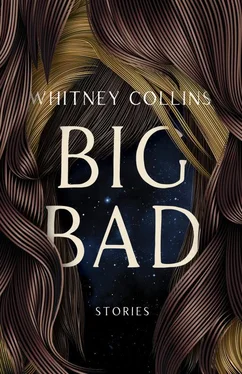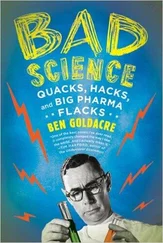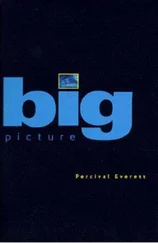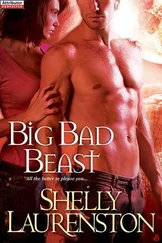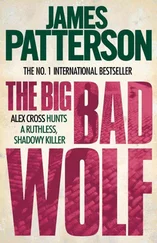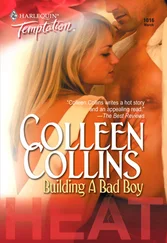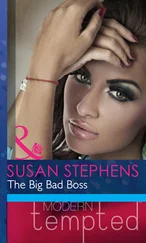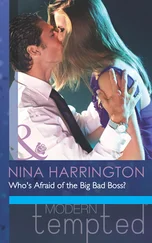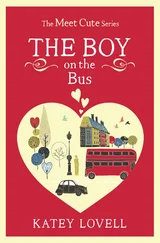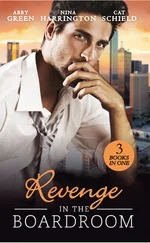Davenport says nothing, she just stares at Rachel until Rachel turns warm, and after an eternal minute, Devlin lights a joint and takes a long drag, thinking. “I’m gonna run to Sears,” she finally says, releasing smoke. “And get me a new jog bra.”
Davenport doles out two Skittles to Rachel. “Well?”
Rachel eats the candy. “That doesn’t sound rich.”
Davenport takes her turn. “I got summer teeth,” she says. “Some are here. Some are there.”
Davenport and Devlin burst into an unexpected laughter that sounds both magnificent and terrifying, the howl of two lean dogs. Rachel eats the rest of the Skittles off the bedspread while the sisters, beige and bony, pass the joint between them. Both of them could fit inside her body, she thinks. Davenport and Devlin could be dropped into her torso like two silk scarves into a basket. They could hide there, where the hunger lives, a little, shimmering, satin pool.
“What’s your dad do?” Davenport asks out of nowhere.
“Great question,” Devlin says.
Rachel has forgotten where she is, who she is supposed to be. “Oh,” she says, coming to, declining the joint with a wave of her padded palm, imagining two scarves unfurling, down her throat. “He’s an entertainer.”
Davenport and Devlin look at each other quiet, then they clamp their hands over their mouths like they’re at a funeral suppressing laughter. “Like an actor?” Devlin says.
“Like a rock star?” Davenport adds.
Rachel isn’t sure what to say. “He just has this way,” she says, “of putting on a show.”
“Oh, our dad’s like that, too,” Devlin says. “He throws big parties and never shuts up. Sometimes he pays someone to play the piano.”
Davenport wets her fingertips and pinches the hot end of the joint without reaction. “One time, he hired a magician for the cokeheads. You know. Cokeheads love card tricks.”
Devlin nods. “And last Christmas he brought in an owl.”
Davenport points at Devlin. “That’s right. He found an owl under the house, down by the stilts, and brought it inside to show to everyone at the party.”
Rachel stares. “An owl?”
“Yeah,” Devlin says. “Did you know there were owls in the islands? I didn’t. I thought owls were from a forest in Germany or some shit.”
“Dad just walked in with that owl on a beach towel. Everybody went out of their fucking skulls and the owl didn’t do a goddamn thing,” Davenport says. “It had to be sick.”
Devlin blinks slow, remembering. “It just sat on that towel and stared. Everyone was passing it around and Dad was standing there like it was no big thing except it turned out to be a big thing.”
“A real owl,” Rachel says.
“Turns out owls are beautiful,” Davenport says. “Who knew?”
“Thanks, Dad,” Devlin says, as if he’s right in the room with them. “People were so-so before you brought the owl in, but now they’re happy as hell.”
Rachel feels something close to fear, rising. “What happened to the owl?”
Devlin lays down on her bed and closes her eyes. Davenport pulls off her shirt and sits there, topless, using her shirt to pat under her armpits. “It’s hot,” she says. “I’m wasted.”
Davenport falls forward on her bed. Her tan, bare back is as slight as a child’s. Rachel stands there, alone for a moment, thinking about the owl. She wonders if they let it go. If the owl let people touch it. She imagines the owl, startled, flying around the living room, the guests both delighted and afraid, Mr. Billingsley really getting his money’s worth, even though it cost him nothing. Rachel leaves Devlin and Davenport the way they are: passed out, with the lights on.
*
In Rachel’s room, Rachel finds Mrs. Billingsley on the bed, staring at the ceiling, a drink loose in her hand. Her stout arms are pink from sun. Her eyes are pink from gin. Her dress, also pink, is hiked up on one side to reveal a pale, dimpled leg.
“My girls,” she slurs. “I do apologize.”
Out the window, Rachel can hear the ocean but not see it. She still cannot place what it sounds like. “Oh, they’re fine,” she says. “They’re fun.”
“Pfft,” Mrs. Billingsley says, shaking her head, jiggling a bit of her drink onto the floor. “Thank God they’re rich. If they weren’t rich, they’d be dead. They don’t know how to do anything.”
Rachel says nothing. She wants Mrs. Billingsley to leave. She wants to climb into the bed and think up catch phrases for her father. What do I look like, an idiot? She thinks of the one time she went to see her father perform. It had been late in the afternoon, in a bar that smelled of Pine-Sol. Only eight people had been in the audience and one of them kept saying: “Give it up, man. Give it up.”
Mrs. Billingsley sits up on one elbow, takes a long swallow from her drink, the ice clattering back and forth like bracelets on an arm. “I wasn’t born rich, Rachel. But I wasn’t born poor either. I was somewhere in the middle. Like where you are. In that place where you don’t know how good you got it.” Mrs. Billingsley swings her legs over the side of the bed like she might stand, then she wavers and lies back down, gingerly, as if she’s on a raft in water. “I was thirteen when I met Mr. Billingsley. I worked at the golf house on the ninth hole of the club we couldn’t afford to join, and I served sandwiches to the men. Those were good days. Quiet ones. I worked with another girl. Her name was Beverly. We just listened to the whack of golf clubs. The hum of golf carts. We made lists of what we wanted in life. Cars and rings. Things, Rachel. Then we handed the men sandwiches. We didn’t even have to make them. We just had to keep them cold. When I saw Mr. Billingsley, I told myself to do whatever it took to get him to marry me. So, I did whatever it took.”
Rachel’s hands are stained from the candy. She clasps them together as if in prayer and then unclasps them. Over and over she does this as Mrs. Billingsley talks.
“Oh, Rachel. I just did what it took. And look where it got me.” Mrs. Billingsley reaches her arm down as if to put her glass on the floor, but the floor escapes her by a few inches, so she lets the drink hang in her swollen hand. “You’ll meet him,” she says. “He’s old and angry and handsome and funny and everyone loves him, so I probably should, too. It’s too late and too hard for it to be any other way anyway. Oh, God,” Mrs. Billingsley sighs. “I’m so glad you’re here, Rachel. You’re such a delight. Can you teach my girls something normal? Something useful? Can you show them how to fry an egg? Can you show them how to fold a towel? Can you show them something, anything, they can use in life?”
Rachel thinks of the sisters, across from her at the table, waiting, watching, wanting. Their eyes are as pale as concrete, but whenever she brings the fork to her mouth, their pupils dilate with joy, like black ink dropped into water.
“Yes,” Rachel says. “I can do that.”
Outside, the ocean fades and crashes, fades and crashes. Finally, it occurs to Rachel that it sounds like applause.
DADDY-O, THE OPTIMIST, always came to town in his fringed vest and yellow van for the months that ended in b-e-r .
“I’m like a summer oyster,” he’d say. “Can’t nobody keep me down.”
He’d show up behind the chain-link fence of W. G. Harding Middle School, a snagged autumn leaf clinging hopeful until Mabel looked his way, then he’d smile wide, teeth as white as bathroom tile against his Pensacola brown, and offer his daughter a little something for her time: a leather necklace greasy with patchouli, a temporary tattoo of a mermaid, a stolen red lipstick that insinuated Mabel was old enough to do what Janet Yuri did to Jimmy Overlay in the wide, shady mouth of the drainage pipe.
Читать дальше
